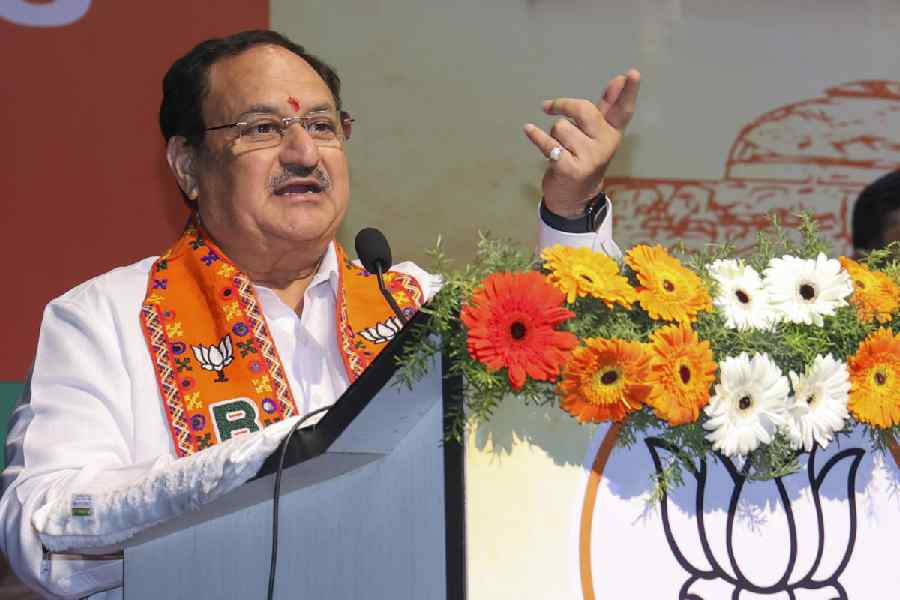Thousands of members of the United Automobile Workers union went on strike on Friday at three plants in three Midwestern states in what was the first strike simultaneously affecting all three Detroit automakers.
The union and the companies — General Motors, Ford Motor and Stellantis, the parent of Chrysler — remained deadlocked in negotiations over a new collective bargaining agreement when the current contract expired at 11.59am Eastern time on Thursday.
As the deadline neared, workers started to fan out at the targeted plants — in Michigan, Missouri and Ohio — to protest.
At the outset, the strike will idle one plant owned by each automaker and could force the automakers to halt production at other locations, shaking local economies in factory towns across the Midwest.
“We are using a new strategy,” the union’s president, Shawn Fain, said in a video streamed via Facebook on Thursday night. “We are calling on select locals to stand up and go out on strike.”
In the 88 years since it was founded, the union has called strikes aimed at a single automaker, and a handful have halted production for several weeks. GM plants were idle for 40 days in 2019 before the company and the union agreed on a new contract.
The plants designated for walkouts on Friday represent only a small portion of all the unionised factories of GM, Ford and Stellantis and of those companies’ 150,000 UAW members. This limited strike, however, could hamper the automakers because the sites produce some of their most profitable trucks, such as the Ford Bronco SUV and Chevrolet Colorado pickup. And Fain has said the walkout could grow wider if contract accords remain elusive.
“This is certainly a different approach, and Fain is talking tough and has got tough proposals,” said Dennis Devaney, a former member of the National Labor Relations Board who is a labour lawyer in Detroit.
The affected plants include a GM plant in Wentzville, Missouri, that makes the GMC Canyon as well as the Colorado, and a Stellantis complex in Toledo, Ohio, that makes the Jeep Gladiator and Wrangler. At Ford’s Michigan Assembly plant in Wayne, which makes the Bronco alongside the Ranger pickup, only workers from the assembly area and paint shop will walk out, Fain said.
The GM plant employs 3,600 hourly workers, according to the union, and the Stellantis plant 5,800. The union said about 3,300 workers at Ford’s Michigan Assembly Plant would be affected. The union has demanded a 40 per cent wage increase over the next four years, pointing out that the compensation packages for the CEOs of the three companies have increased about that much, on average, over the past four years.
Fain, who took office as union president this year, has also called for cost-of-living adjustments that nudge wages higher in response to inflation, shorter workweeks, improvements to retiree pensions and health care, and job security measures like the ability to strike at plants that are designated for closing. In addition, he wants changes to a wage scale that starts new hires at about $17 an hour and requires eight years for them to climb up to the top UAW wage of $32 an hour.
So far, the manufacturers have met Fain about halfway on wages but have opposed almost all of the other demands.
On Thursday, GM said its latest offer included a 20 per cent wage increase over the life of the new contract, including a 10 per cent raise in the first year, and cost-of-living adjustments, but only for more senior workers. GM also said it would allow new hires to reach the top wage after four years on the job.
“We put forward a compelling and unprecedented offer,” GM CEO Mary Barra said in a video posted to a company website on Thursday night.










